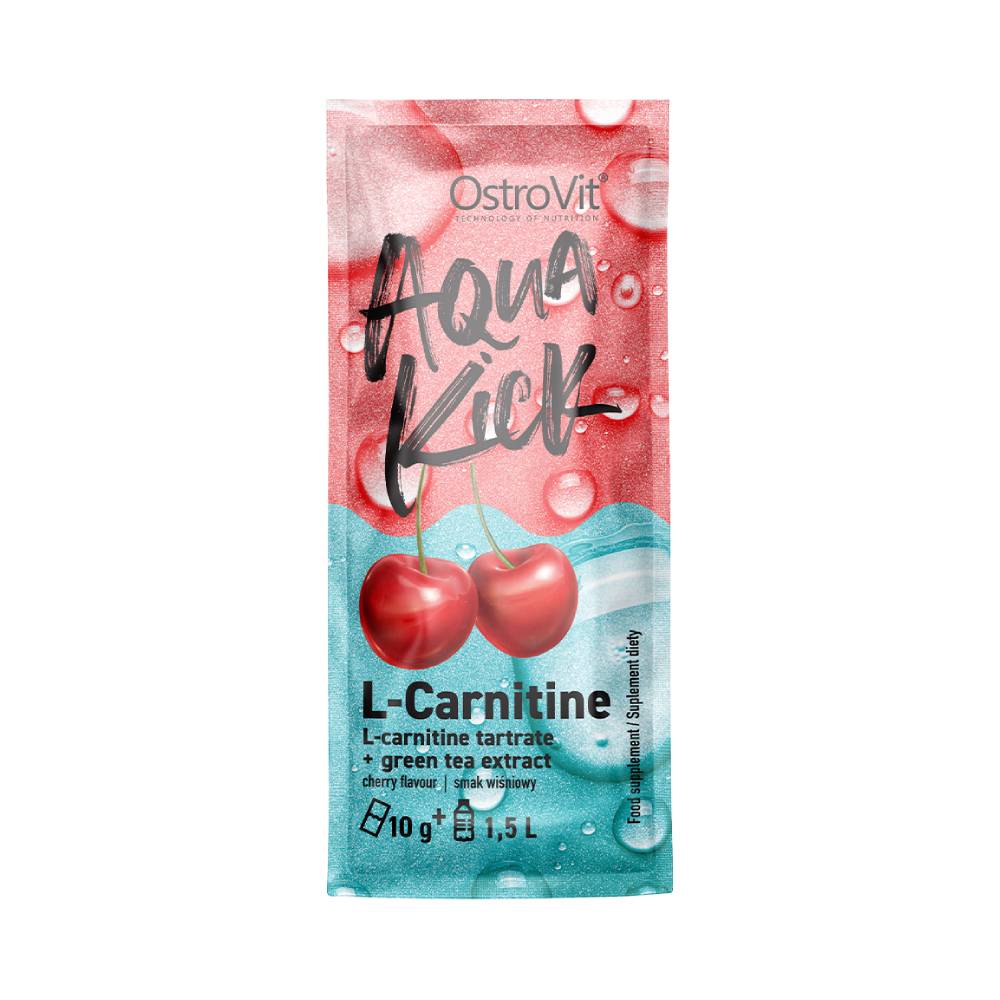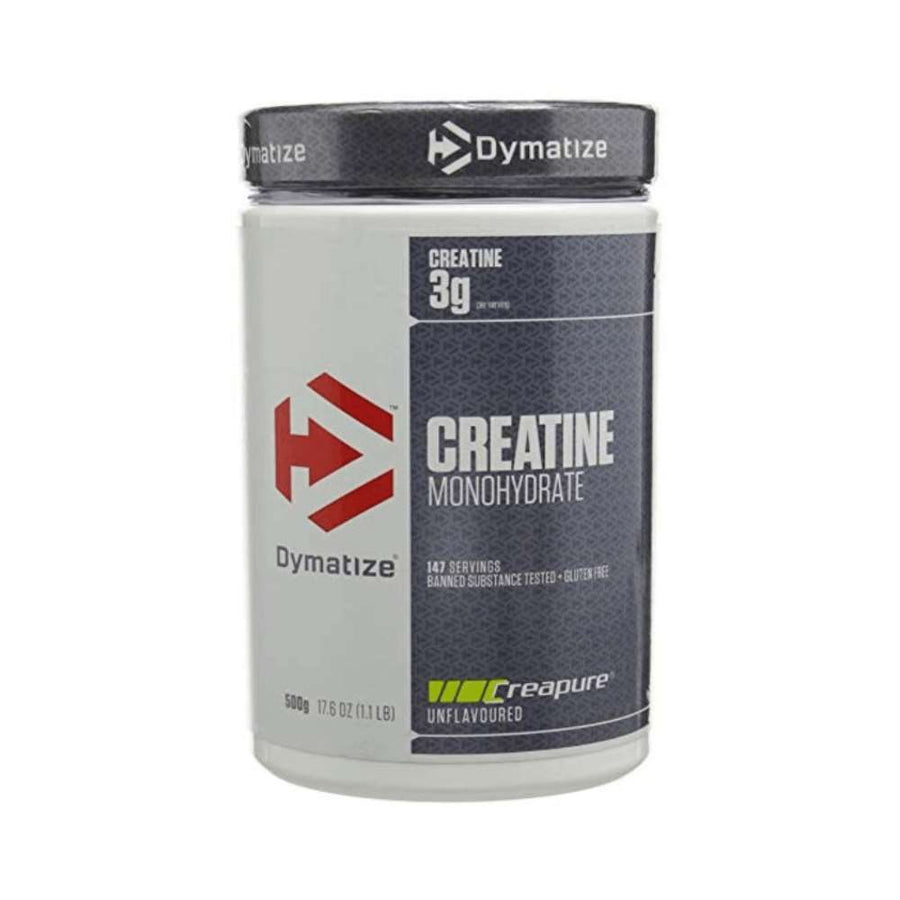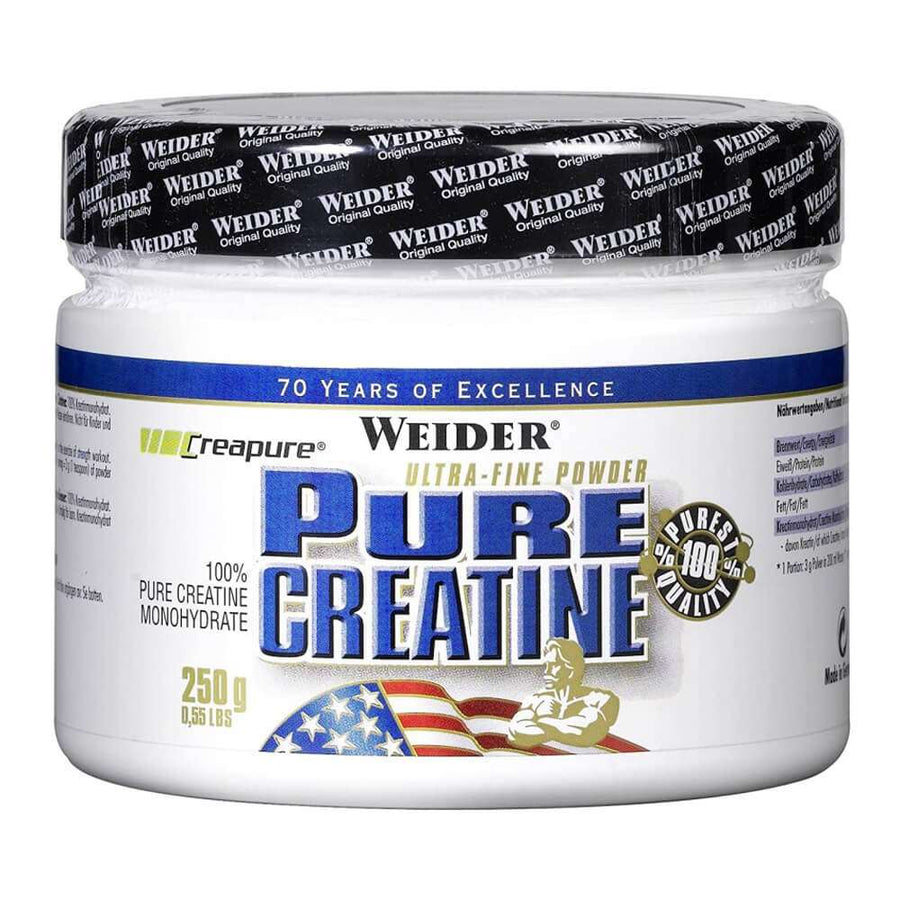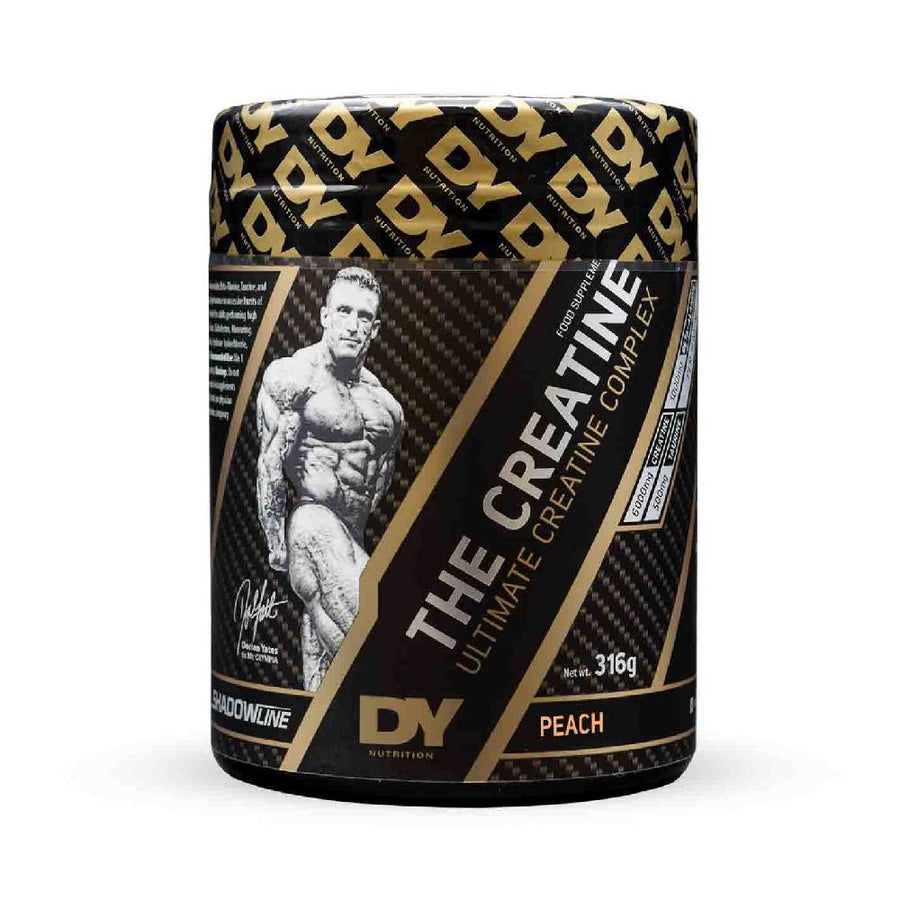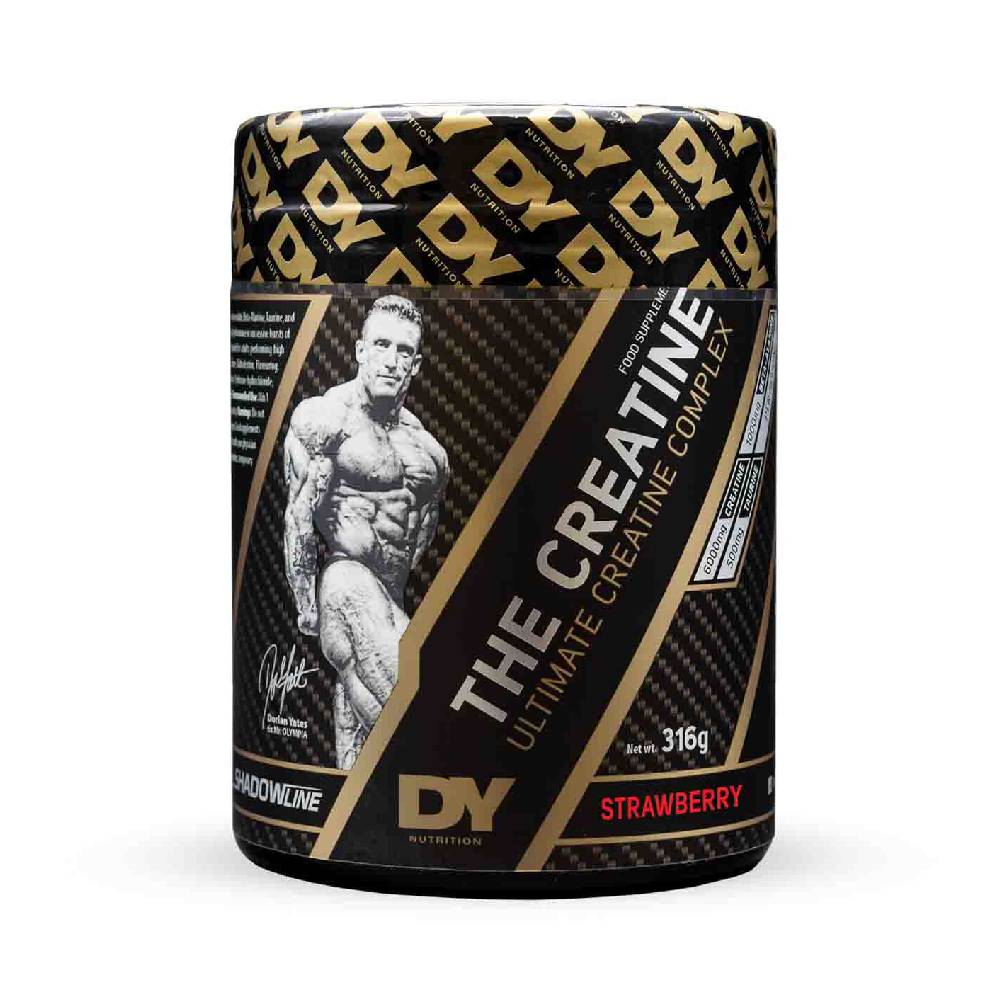Creatine – A beneficial nutritional supplement for athletes!

Creatine is an extremely appreciated nutritional supplement, due to the benefits it offers to athletes and those with an active lifestyle. This is efficient and ideal for those who want to improve their physical performance. However, if you want to document yourself in detail regarding this supplement, there is more information that you are recommended to know. If you want to know what creatine is, how and when to take it (before or after training), how many grams it is good to take per day, how it is administered, how long it takes, what it helps you do, what it contains and what role has, keep reading this article - here you will discover many things about creatine, about its effects, about its advantages, but also about how you should dose and consume it.
content
- Creatine - what is creatine, what does it contain and what does it help with
- How and when to consume creatine - Benefits and recommendations
1. Creatine - what is creatine, what does it contain and what does it help with
Creatine is a natural compound that has a structure similar to that of an amino acid and can be found in animal meat, being also produced by the body in the liver, pancreas and kidneys. It is good to know that the highest concentration of creatine in meat can be found in game (rabbit, wild boar, bison, etc.), but also in beef, pork or herring. Chicken and turkey have a smaller amount of creatine in their composition. Creatine inside the body is stored, in a proportion of 95%, in the skeletal muscles, but every day, the body breaks down approximately 1-2% of the creatine deposits.
Therefore, this so-called loss must be replaced - however, the consumption of specific foods is not enough, because a very high consumption is necessary to produce a significant amount of creatine. In the body, creatine helps to create phosphocreatine (especially during intense exercises), which contributes to the creation of ATP (adenosine triphosphate - the source of energy at the cellular level, which supports the production of muscle contractions). Thus, creatine actually supports the generation of sufficient fuel for the body to sustain an intense and sustained effort.
Creatine helps to gain muscle mass faster, but also to improve physical performance. According to research carried out by specialists, the level of performance increases by approximately 5-15% after the constant administration of creatine. It also contributes to a more efficient muscle recovery after the period of effort. Therefore, it is useful for all athletes, but especially for sports that require speed, explosive movements, sprints or strength. Studies have shown that it can contribute to the growth of muscle mass twice as much as in the case of those who do not consume such nutritional supplements. Creatine stores act on the body's resistance and help you do more repetitions and recover faster between sets of exercises you perform. Also, creatine is especially useful for those who want to develop their muscles in the upper part of the body, because in this segment there are muscle fibers of type 2, which react faster and more efficiently to the assimilation of creatine.
This type of supplement is also useful for those who follow a vegetarian diet. Considering that they cannot get the necessary intake from food of animal origin, nutritional supplements are beneficial in this regard and even have a faster effect than in the case of meat eaters.
Both for those who do push-ups and for those who lift weights, creatine has proven to be very useful. There are studies that have shown that the performance of these types of athletes increases by approximately 26%, if resistance training is supplemented by creatine supplementation.
Regarding the muscle recovery process, creatine proves to be useful in this regard as well. This supports the body in obtaining glycogen deposits, which are essential for effective muscle recovery. Glycogen is a molecule created by the human body, with the purpose of storing glucose - this, in turn, can be transformed into fuel (when it is used immediately by the cells) or can be stored in these glycogen reserves. During resistance training, glycogen reserves can decrease by approximately 40% and, therefore, supplements are needed to replenish them. This helps to restore the muscle fibers.
Creatine is made up of methionine, glycine and L-arginine (types of amino acids ), and creatine monohydrate is creatine to which a molecule of water (H2O) has been added. Creatine monohydrate supplements contain creatine in pure form and support the production of ATP, which is, in fact, the energy required for muscle contraction. In the body, creatine monohydrate turns into creatine phosphate, which, in turn, turns into a reserve of ATP. Such a reserve is especially welcome in the case of intense training, because, having this energy stock, the performance can be maximum.
There are several types of creatine that you can find on the market. Creatine monohydrate is the most popular and appreciated, but it is good to know a few about the other forms of creatine. Creatine hydrochloride is much more soluble and is obtained by binding creatine hydrochloride - it is said that, thanks to its solubility, it can be absorbed more quickly in the body (but there are still few studies that prove its effectiveness in athletes). Buffered creatine monohydrate (Kre-Alkalyn) contains, in its composition, a powder that has a neutral PH - thus favoring the decomposition of creatine in the stomach and its absorption (however, the official studies carried out so far have concluded that the only difference between creatine monohydrate and Kre-Alkalyn consists in the fact that the latter requires smaller doses). Just as efficient as creatine monohydrate is magnesium chelated creatine, which is obtained by linking the creatine molecule with the magnesium molecule. There are also creatine ethyl ester, creatine citrate, creatine malate, creatine nitrate, creatine gluconate, creatine pyruvate, creatine AKG or multi-component creatine, which are differentiated by the way they are obtained. However, it is best to focus on the most well-known and appreciated formulas, which have been subjected to thorough research.

2. How and when to consume creatine - Benefits and recommendations
There are several advantages that you can enjoy if you integrate creatine into your training routine. In short, here are the most important benefits of creatine:
- Improves muscle mass;
- Increases the fluid content of muscle cells;
- It helps to increase power and strength;
- Creates energy reserves;
- Increases yield and resistance;
- Favors muscle recovery after training;
- Creativity can positively influence cognitive abilities;
- Contributes to the reduction of mental fatigue and stress;
- It can improve visual memory;
- It is an affordable supplement;
- It is suitable for both beginner athletes and performance athletes.
If you want to find out how to consume creatine supplements, it is important to take into account the advice of specialists. Thus, some studies recommend that you consume such supplements after training, because that is the time when anabolic hormones have a high level (hormones that contribute to building muscle mass). However, creatine monohydrate can also be found in the composition of certain pre-workout drinks - in this case, it is not a problem if you consume it before training, because it will have its long-term effect anyway. If the concentration is not enough, you can add powdered creatine to the respective liquid, to turn it into a more concentrated drink.
In addition, some studies recommend consuming creatine together with carbohydrates and proteins , for better assimilation. Creatine can also be mixed with hot water, teas or fruit juice. Moreover, it is good to know that it must be consumed immediately after its preparation - thus, if you choose to prepare a shake or opt for other mixtures, consume the preparation fresh, at the moment.
You can opt for different dosage methods, depending on your needs, the goals you have set for yourself and, of course, the moment you choose to introduce this supplement into your daily routine. For example, one option would be to take 5 grams of creatine monohydrate, 4 times a day, for a period of approximately 6 days. But, depending on your expectations and how your body reacts, you can increase or decrease these doses. In general, however, the dose of 5 grams is standard and is recommended in most situations - do not forget, however, to take into account the type of creatine you choose to use, because certain products can have a higher concentration than others and, in this case, you will have to adjust the dose, so that the consumption is optimal.
There are specialists who recommend breaks of approximately 1-2 weeks, taken at an interval of 3-4 weeks of consumption. This can be beneficial for the body, because, in certain cases, it is said that the human body can become tolerant to these substances, if it is exposed too much and too often to them. However, this is rarely encountered, because creatine is stored in the body until it reaches a saturation level, and the excess is not assimilated, being eliminated from the body. Therefore, regardless of the existing divided opinions on the profile market, it is important to respect the doses recommended by the manufacturer, to be sure that you opt for the correct dosage. You can also compare several studies, to get the necessary information to make the best decision for you. Of course, you can call on the help of a specialist to guide you in this direction - coach, performance athlete, etc.
In addition, do not forget that it is essential to hydrate properly, because creatine directs water to the muscle cells. Therefore, you must drink enough water to ensure that you have an optimal amount of water in your body.
However, not only the way you consume it is important, but also other details that are good to know about creatine and that can help you make the best decisions for you. Here, by the way, is some useful information, which you can research carefully:
- Although it is recommended not to consume creatine together with drinks containing caffeine, some studies show that taking caffeine does not cancel the effects of creatine;
- Creatine can prove to be even more beneficial for those who are vegetarians, given that they lack creatine in their diet;
- An omnivorous diet contains approximately 1 gram of creatine per day and, therefore, to supplement this value, it is recommended to consume supplements of approximately 5 grams per day;
- The assimilation of creatine can be faster and more efficient in association with carbohydrates, due to the production of insulin;
- Creatine does not fatten and has no caloric intake;
Creatine should not be confused with creatinine - the latter is a substance that results from the use of creatine in the body. It is a substance present in the blood and is filtered by the kidneys, and part of it is eliminated through the urine. You have surely heard of serum creatinine - it is present in the blood and can be analyzed to investigate kidney function and kidney condition. With the help of this analysis, possible renal failure or abnormalities of renal function can be detected.

In conclusion, if you are passionate about this subject and if you are an athlete who wants to improve his physical performance, it is important to know what creatine does, what it helps you with, what it is good for, when and how it is consumed, how it is used, what benefits it has and for whom it is recommended. This nutritional supplement can help you develop your muscle mass and achieve the results you want, gaining greater strength, resistance and efficiency in your training. Document yourself carefully and focus on quality products, created by experienced producers, who value the quality of the substances they use. Having all this information at hand, you will definitely be able to find the right formula for you, so that you get the performance you want. Creatine can offer you numerous benefits and advantages and, therefore, it is highly appreciated in the world of athletes, regardless of experience.
Photo source: pixabay.com.









